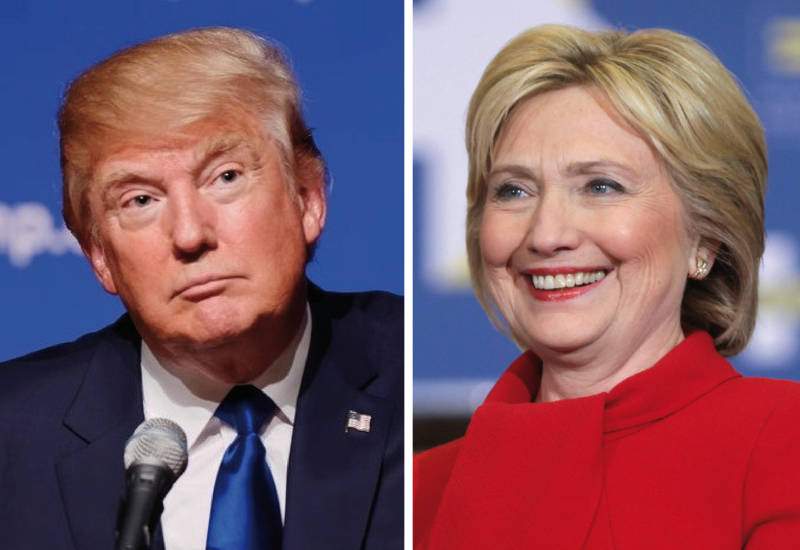Missed the first two presidential debates?
Don't fret. There's still one more to go, and plenty of mud left to sling.
Donald Trump and Hillary Clinton face off again on Wednesday night at the University of Nevada in Las Vegas (UNLV). Their third and final debate runs 90 minutes, commercial-free (starting at 6 p.m. E.T.), and will be split into six 15-minute segments. Both candidates will be given two minutes to respond to questions and follow-up opportunity to respond to their opponent.
The debate will be hosted by Chris Wallace, the anchor of Fox News Sunday, whose questions are expected to address topics ranging from immigration, the Supreme Court, the economy and foreign policy.
A record 84 million viewers tuned into the first debate on Sept. 26. Viewership decreased but remained impressively high for the second debate on Oct. 9, a town hall-style format that included questions asked by undecided voters in the audience. Typically, the third presidential debate draws less attention than the first two. But this election is anything but typical, and the final candidate will likely attract an impressive number of eyes.
